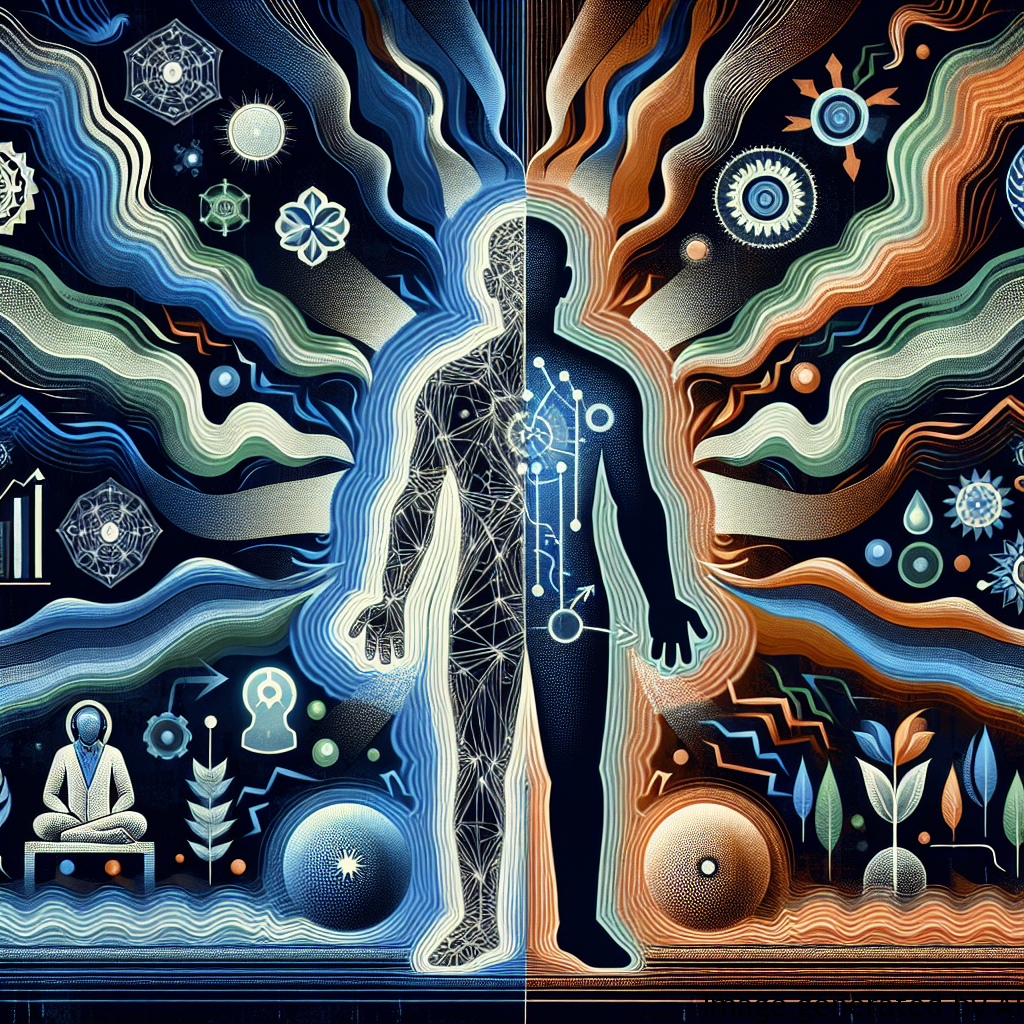Introduction
Over the years, the conventional understanding of male roles in society has evolved significantly. The traditional views of masculinity – breadwinning, emotional strength, independence, and lack of vulnerability – are being challenged and redefined. While these changes have led to expanded freedoms and possibilities for men, they have also created a fair share of complexities. Among the numerous effects of these shifts, the impact on men’s mental health is particularly stark and warrants in-depth examination.
Description of Gender Expectations and Their Influence on Men’s Mental Health
Gender roles and expectations are societal norms that dictate behaviors viewed as appropriate for men and women. While some of these expectations can be affirming and empowering, many can also create pressure and cause stress.
The Pressure of ‘Traditional’ Masculinity
Traditional masculinity, often characterised by stoicism, competitive success, and physical toughness, has concrete implications for men’s mental health. Men are often taught to suppress their emotions and avoid showing vulnerability. Such repression can lead to psychological distress, decreased self-esteem, increased risk of depression and anxiety and a reduced likelihood of seeking help.
The Challenge of Changing Roles
As male roles evolve, men find themselves navigating new emotional landscapes and expectations. The shift away from traditionally masculine roles can cause confusion and a sense of loss, leading to an identity crisis and contributing to mental health issues.
Examples of How Gender Roles Can Affect Men’s Lives
There are countless examples of how gender roles can shape and influence men’s lives, particularly relating to their mental health.
For example, men facing financial stresses may struggle because they are traditionally viewed as the breadwinners. The inability to meet these expectations can lead to feelings of inadequacy, leading to depression and anxiety.
Additionally, men who show emotion or seek help for mental health issues may be seen as weak or “unmanly,” discouraging them from seeking help and further exacerbating mental health issues.
Advice for Improving Mental Health, Considering Gender Roles
Addressing gender roles and their impact on mental health involves reshaping societal norms and expectations. This can involve promoting healthier, more inclusive definitions of masculinity and encouraging men to express their feelings and seek help when necessary. Educational and awareness campaigns, as well as psychological support and therapy, can play monumental roles in this process.
Conclusion
In conclusion, the changes in male roles have substantially impacted men’s mental health. Societal expectations and gender norms can exert tremendous pressure on men, potentially leading to various mental illnesses. However, by reshaping societal attitudes, promoting healthier definitions of masculinity, and encouraging mental health support, society can reduce these pressures and contribute positively to men’s mental health.

